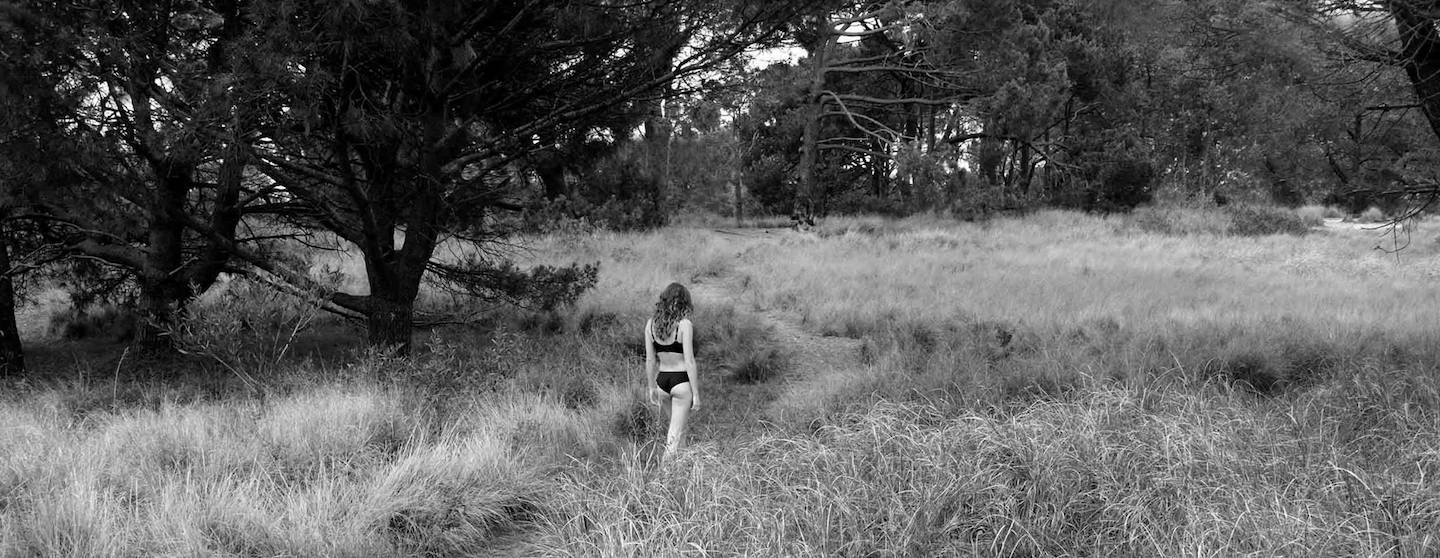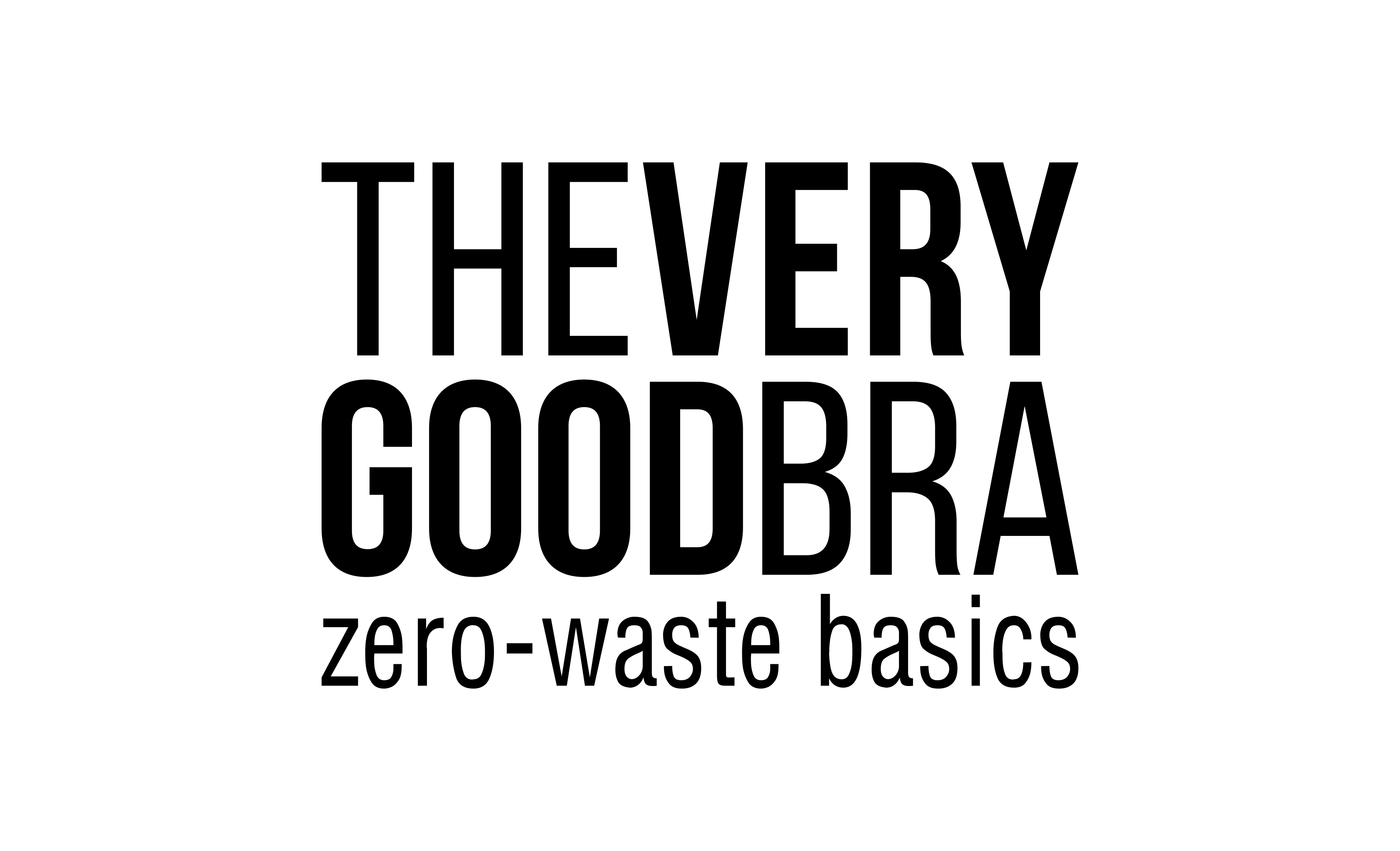

The Very Good Bra

New South Wales, Australia
January 2022
Apparel
Wholesale/Retail
Australia
A female-owned business founded in Bondi Beach Australia to address the problem of clothing textile waste. Bras are amongst the most toxic garments on the planet being almost all made from polyester, nylon and spandex. With the average woman owning 9 bras, and potentially 2m women on the planet wearing them, thats around 18m headed for landfill where they will give off methane gas over the 200 plus years it takes them to break down. The Very Good Bra is the world’s first fully compostable, super-comfortable bra in 27 proper sizes, with everything including elastic, sewing thread and labelling being made from100% botanically circular materials meaning that at the end of life they can be disposed of in home compost or a worm farm. To further minimise our impact we run pre-sales ensure we don't over produce, we offer replacement straps, and we have a facebook Buy Swap and Sell Group for bras needing new homes. We work with a social enterprise to warehouse and fulfil our orders, providing employment opportunities to people of all abilities who otherwise struggle to find meaningful work. The Very Good Bra was awarded Best in Class the 2020 Good Design Awards for Fashion Impact, and also won the 2021 Circle Award for Fashion in ANZ.
Overall B Impact Score
Governance 19.3
Governance evaluates a company's overall mission, engagement around its social/environmental impact, ethics, and transparency. This section also evaluates the ability of a company to protect their mission and formally consider stakeholders in decision making through their corporate structure (e.g. benefit corporation) or corporate governing documents.
What is this? A company with an Impact Business Model is intentionally designed to create a specific positive outcome for one of its stakeholders - such as workers, community, environment, or customers.
Community 49.5
Community evaluates a company’s engagement with and impact on the communities in which it operates, hires from, and sources from. Topics include diversity, equity & inclusion, economic impact, civic engagement, charitable giving, and supply chain management. In addition, this section recognizes business models that are designed to address specific community-oriented problems, such as poverty alleviation through fair trade sourcing or distribution via microenterprises, producer cooperative models, locally focused economic development, and formal charitable giving commitments.
Environment 38.4
Environment evaluates a company’s overall environmental management practices as well as its impact on the air, climate, water, land, and biodiversity. This includes the direct impact of a company’s operations and, when applicable its supply chain and distribution channels. This section also recognizes companies with environmentally innovative production processes and those that sell products or services that have a positive environmental impact. Some examples might include products and services that create renewable energy, reduce consumption or waste, conserve land or wildlife, provide less toxic alternatives to the market, or educate people about environmental problems.
What is this? A company with an Impact Business Model is intentionally designed to create a specific positive outcome for one of its stakeholders - such as workers, community, environment, or customers.
Customers 3.8
Customers evaluates a company’s stewardship of its customers through the quality of its products and services, ethical marketing, data privacy and security, and feedback channels. In addition, this section recognizes products or services that are designed to address a particular social problem for or through its customers, such as health or educational products, arts & media products, serving underserved customers/clients, and services that improve the social impact of other businesses or organizations.